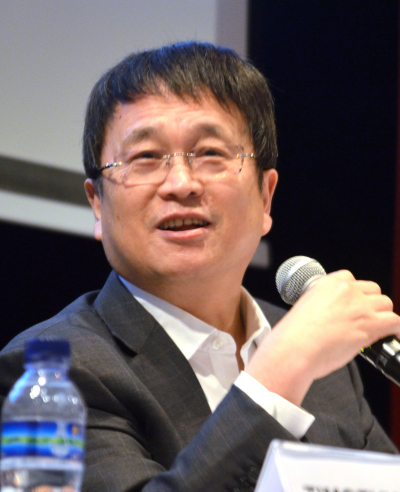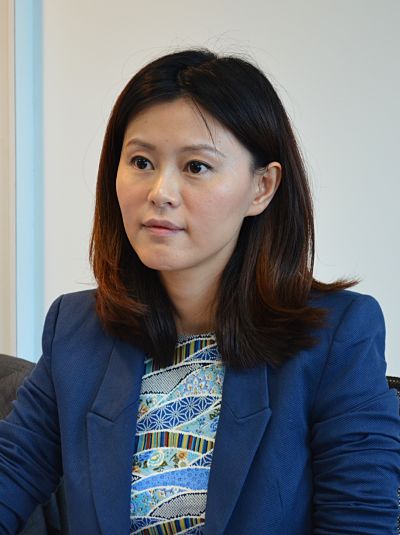|
Yangzijiang Shipbuilding's shares rose by 6.0% overnight to close at 98c on Wednesday (1 March) after it said its 4c dividend for FY2016 is a record payout of 43%.
The leading PRC shipbuilder posted a net profit attributable to shareholders of RMB 1.8 billion for FY2016, down 29% year-on-year.
For more information, refer to its FY2016 results media release here. |
Below is an excerpt of the questions raised at the Group's FY2016 results briefing, and the replies provided by Executive Chairman Ren Yuanlin and CFO Liu Hua.
Q: Why were you able to generate relatively high margins for shipbuilding in 4Q2016?
Mr Ren: We purchased steel at very low prices a year ago at about RMB 2,000 per ton. Steel prices have more than doubled since then. The government shut down several unprofitable steel mills. When steel supply tightened, prices recovered. We expect steel prices to remain stable, going forward.
|
“Our gross gearing has come down by 5.9 percentage points to 31.1% over the past year.” - Liu Hua |
Ms Liu: The exchange rate was favourable when the vessels were delivered as the USD had appreciated against the RMB.
Q: How do you expect your HTM investments to perform this year?
Mr Ren: Several trends affect our HTM investment performance.
First, China wants its companies to deleverage. This means cost of capital is rising. Demand for capital by government vehicles is also on a decline. This trend decreases both demand for and supply of HTM investment products.
Second, the securities regulatory body in China is clamping down on secondary issues by publicly listed companies. However, it has given a free reign to fund raising via IPO. This year, we are hopeful of initial public offer for sale of our venture capital investments. This is potentially another income source for us.
The central government recently stepped up on its reforms to push for public private partnerships. This creates project opportunities for enterprises with capabilities and they will need bridging loans.
We expect our HTM investment income to remain stable this year.
| Stock price | 98c |
| 52-week range | 70.5c - S$1.04 |
| Market cap | S$3.8 billion |
| PE (ttm) | 10.5 x |
| Dividend yield | 4.06% |
| Source: Bloomberg | |
Q: How has IMO’s regulation on fuel sulphur emission limits impacted you?
Mr Ren: The regulation has already impacted the market, but there is no commercial benefit for either shipyard or shipowner. The cost of vessel building has increased. We expect an increase of an average of 5% for dry bulk carrier vessel prices.
There could be more impact in the long run.
Q: How does this affect the ship breaking market?
Mr Ren: The global fleet of old bulk carriers that need to be demolished has pretty much been scrapped.
Ship demolition as a sector may still flourish in less industrialised nations such as Bangladesh and Pakistan but it is no longer a bright sector in China because of environmental protection concerns. The pollution arising from smelting scrap metal is greater than from milling steel from ore.
In China, most of the scrap metal output from demolished ships is no longer allowed to be recycled into steel plates for shipbuilding.








